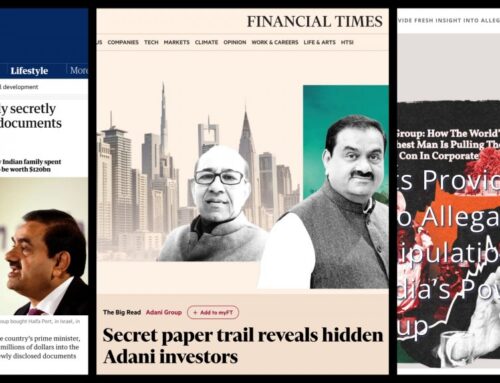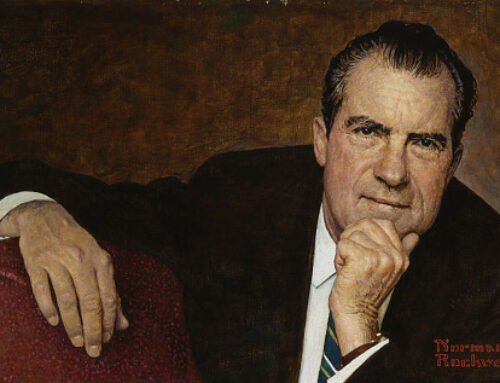On 11 June 2020, RBI presented the DISCUSSION PAPER on governance in commercial banks. A 74 paged paper highlighted that ownership and management needed to be separated.
Though It is only a discussion paper, it is widely seen as a step against Uday Kotak of Kotak Mahindra bank. So I will not analyze the whole report but let’s know What this is.
RBI is many things in India. Regulator of banking, The banker of banks, the banker of government. The currency printer, Payment regulator, Debt market regulator, and many more things. But there are some holes in this mechanism. Practically RBI only controls Private sector banks. The government of India owns public sector banks, so their regulation is in the hand of the Government of India. ( read that as it does not exist ) But when it comes to private sector banks, They are entirely controlled by RBI.
In recent times, Since Urjit Patel’s time, RBI has been overactive for ownership and management. RBI took a fight with nearly all private sector banks. It went against, Chanda Kochhar. Took action against Shikha Sharma. Start action against Rana Kapoor. Told promoters of Bandhan bank to reduce their stake, which merges GRUH finance and Bandhan bank. It used its game against cleaning the financial sector by telling small finance banks to list themselves.
But Uday Kotak is one person against whom it went partially failed.
By the rules of RBI, promoters cant be holding more than the prespecified limit. So it is as per time. But Uday Kotak came up by keeping ownership in Indian hands. He even searched for potholes in RBI guidelines and used them by issuing debt security. RBI denied. It went to court. But after some fight, both parties settled out of court, and Uday Kotak sold the part stake.
Looking like RBI is not happy.
Any major shareholder or Promoter of a bank, who holds the position of chief executive officer or whole-time director, may continue in that position only for ten years, the discussion paper said, after which the person should step down and make way for professional management. The same principle will apply to whole-time directors as well.
To build a robust culture of sound governance practice, professional management of banks and to adopt the principle of separating ownership from management, it’s desirable to limit the tenure of the whole-time directors or CEOs.
For professional CEOs or whole-time directors, who are not promoters, the person may continue in the position for 15 consecutive years. However, once this tenure is completed, the person would have to step down from the post for three years. During this period, the person cannot be associated with the bank in any form of management or advisory capacity.
On the date of issuance of the guideline/directions on the matter by the Reserve Bank (basis of this discussion paper), banks with WTDs or CEOs who have completed 10 or 15 years shall have two years or up to the expiry of the current tenure, whichever is later, to identify and appoint a successor,” the discussion paper said.
RBI also reiterated that the CEO or whole-time director of the bank would be subject to an upper age limit of 70 years. After this, the CEO or whole-time director will not be allowed to continue in the position at the bank. The appointment, re-appointment, or termination of whole-time directors or the CEO shall only be permitted with the RBI’s prior approval. Any re-appointment request.
The RBI, in the past, has had a bad experience with promoters of Global Trust Bank, Bank of Rajasthan, Yes Bank, and many such promoter-sponsored banks. Hence, perhaps in recommending a 10-year tenure for the Promoter, the central bank feels it is safeguarding the financial institution. Among non-promoter/non-major shareholder CEOs, the RBL Bank and Federal Bank have a tenure of about ten years: They will have another five years before making the transition.
If the norms are implemented as is (and notified by September 2020), Uday Kotak’s term may expire on September 2022 or April 2023. Dipak Gupta (currently Joint managing director) could be a prospective head of Kotak bank.



